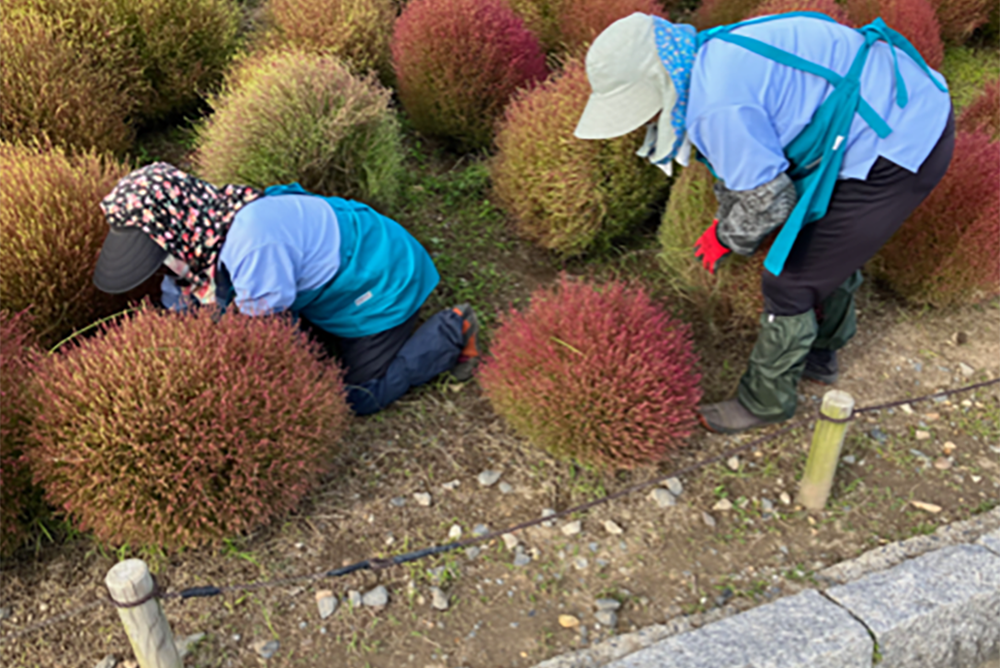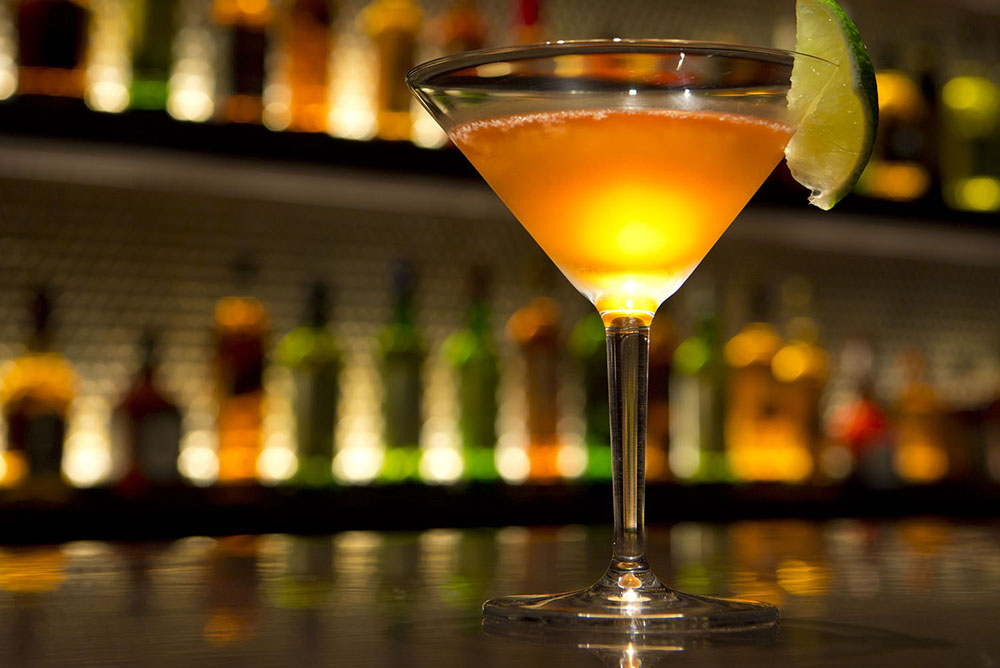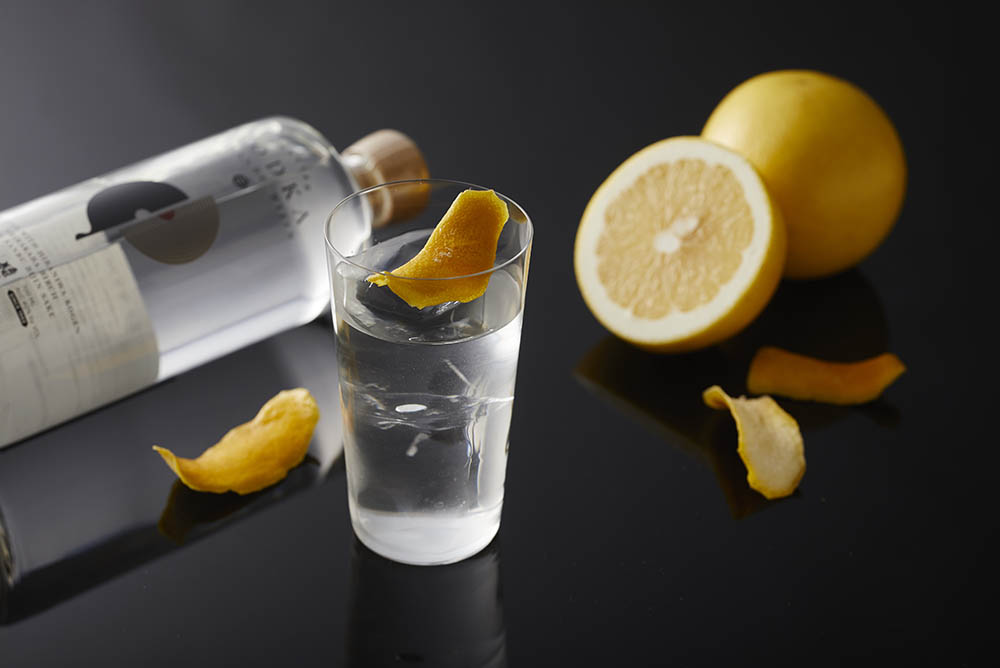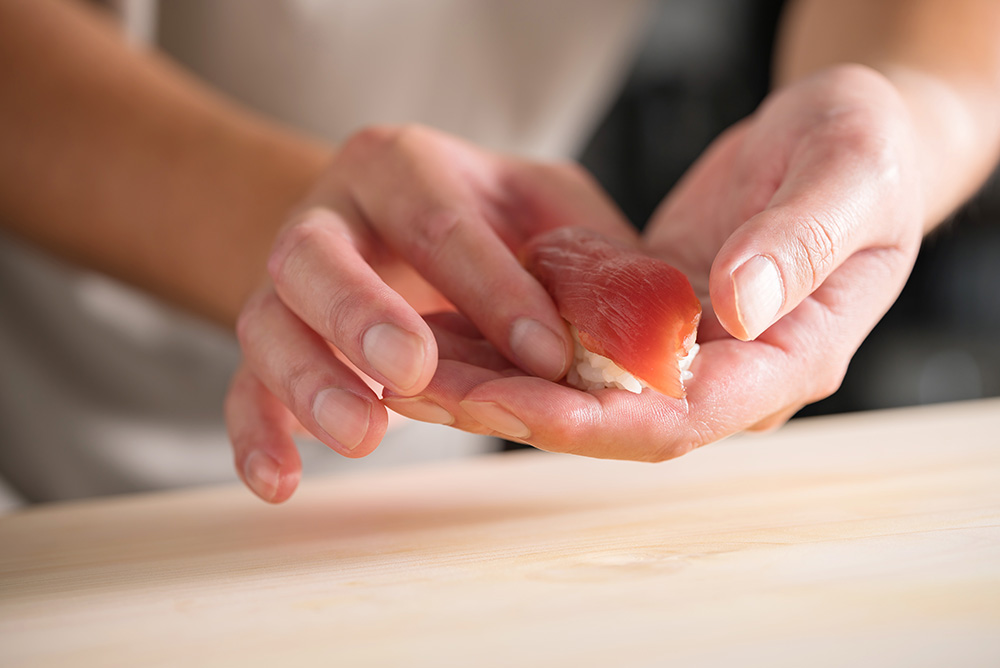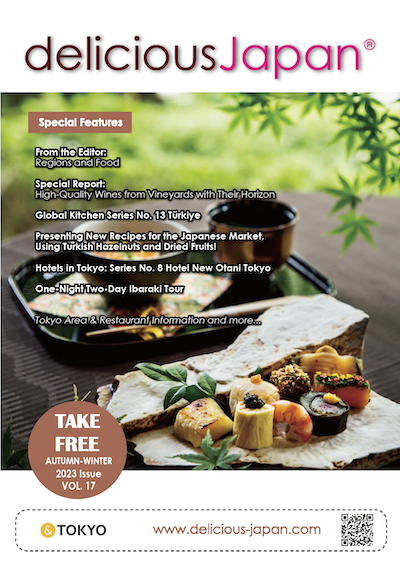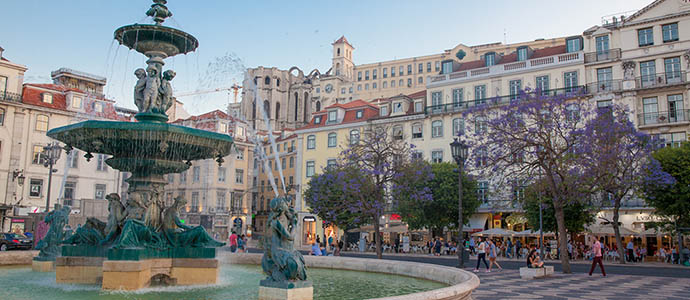
Photo: Turismo de Portugal
Global Kitchen Series No. 12 - Portugal

Miguel Malheiro Garcia
Trade Commissioner, Economic Counsellor
aicep Portugal Global
I have two titles, trade commissioner and economic counsellor. The trade commissioner is for AICEP, kind of Portugal’s JETRO, and economic counsellor as part of the Embassy. Still, the functions for each are the same. We handle three main areas: trade, investment in both directions and promotion. Regarding trade, we try to cover many sectors. In terms of investment, if some Portuguese companies want to invest in Japan, we support them. However, we do a lot of work to support investments from Japanese companies in Portugal.
As an Economic Counsellor, could you tell us a little about the current economic relationship between Portugal and Japan?It is exciting because trade between Japan and Portugal grew during the pandemic. For example, according to Japan’s statistics, Portugal’s exports to Japan in 2019 were 40 billion yen. In 2022, it grew up to 55 billion yen. According to Portugal’s statistics, between 2020 and 2021, Portugal’s exports to Japan rose 22.4%. Though there are some differences between Portugal’s and Japan’s statistics, the trade between Japan and Portugal is increasing in both ways.
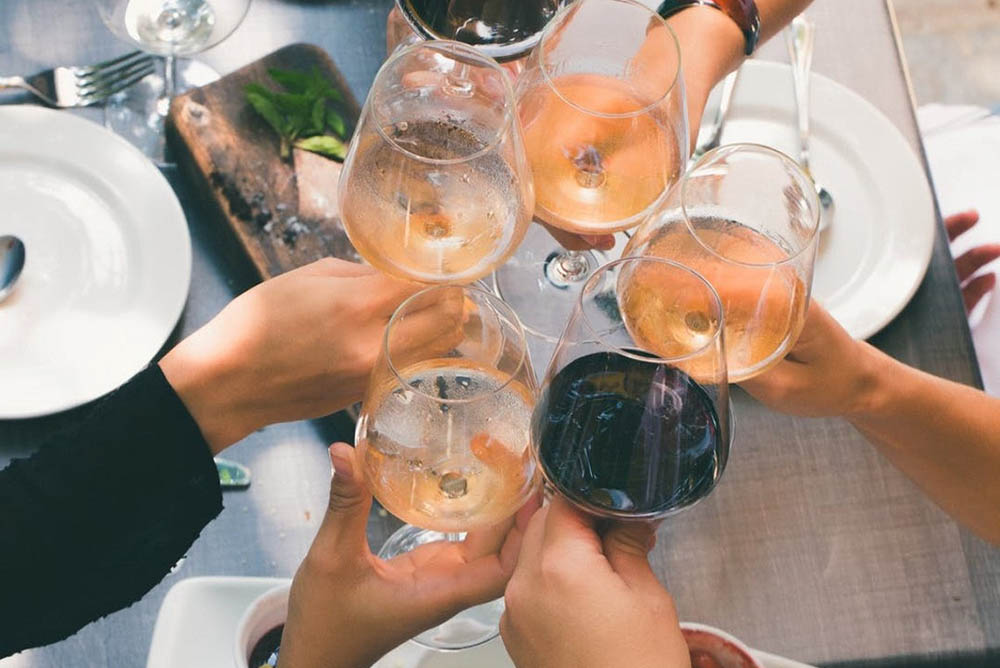
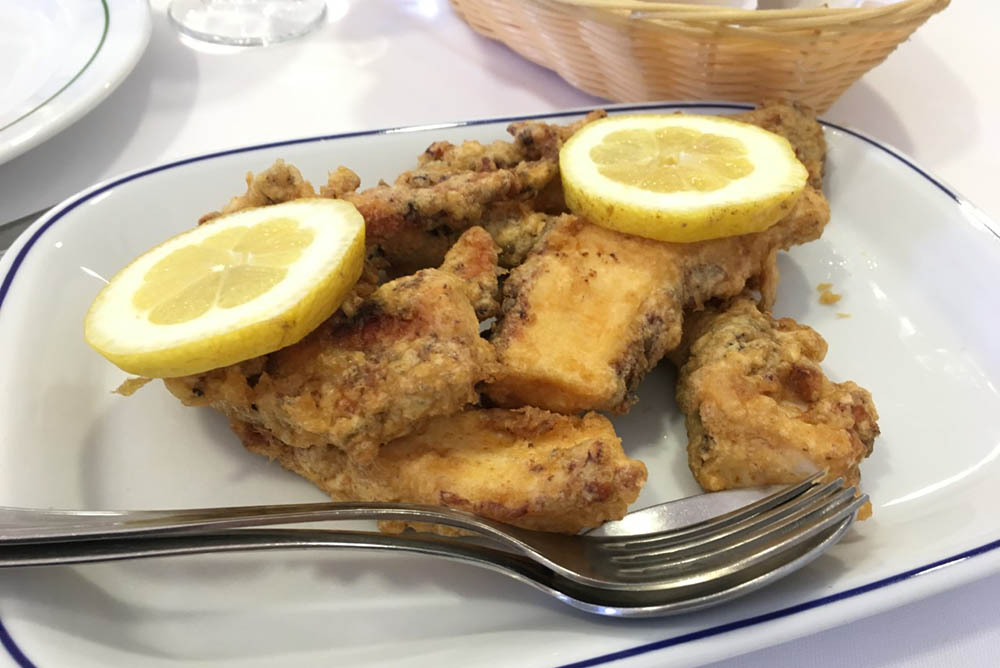
Exporting food and beverages to Japan is very important for Portugal’s market. According to Portugal’s statistics, food and agricultural products are No.2 and No.3. Some interesting examples exist. Kagome, a Japanese beverage company, has a large tomato production in Portugal and exports part of that production to Japan. Of course, Portugal also exports wine, olive oil, canned foods, mainly canned fish, and pork meats. Regarding sweets, some Portuguese companies export cookies and confectionery, and some have been in the market for a long time.
Regarding beverages, the export of wine is also growing. The fastest growing is Vinho Verde, which is a wine region in Portugal. These wines are made from different kinds of native grapes, one of the most famous grapes being Alvarinho. The features of Vinho Verde are that they are fresh, match well with Japanese food, and the alcohol content is not so high, from 9 to 11%. Wine is one area that is growing in Japan, but other products have yet to be popular. We would like to introduce cheese because there are some exciting cheeses in Portugal. Since Portugal is a small producer, we are working with Portugal’s Japan Chamber of Commerce and Industry to find ways to better promote these products in Japan.
I want to tell Japanese people that Portuguese food is delicious and friendly to the Japanese taste. Portugal is a country that consumes a lot of fish. The fish consumption per person is the third largest after Japan and Iceland. At the same time, Portugal's cooking is simple. We enjoy and value the flavor of the products. Most of the time, we grill fish or cook it in the oven. We benefit from the product's freshness because there’s a lot of sea around Portugal. If you go to Portugal, you can enjoy all sorts of fishes cooked in many ways. The most famous fish is "tara." We call it bacalhau. Most of the times tara is salted and dried. In the past, there was no refrigerator on the boats, so they had to find a way to preserve Tara. There are centuries of experience associated with fishing, preserving, and cooking bacalhau. Since dried tara is too salty before we cook, we must put it in water from one day to the next. After that, we grill, boil, we cook it with olive oil, we say we have more than one thousand recipes for cooking bacalhau. Portuguese gastronomy is something we need to promote more. It is very friendly to Japanese taste.
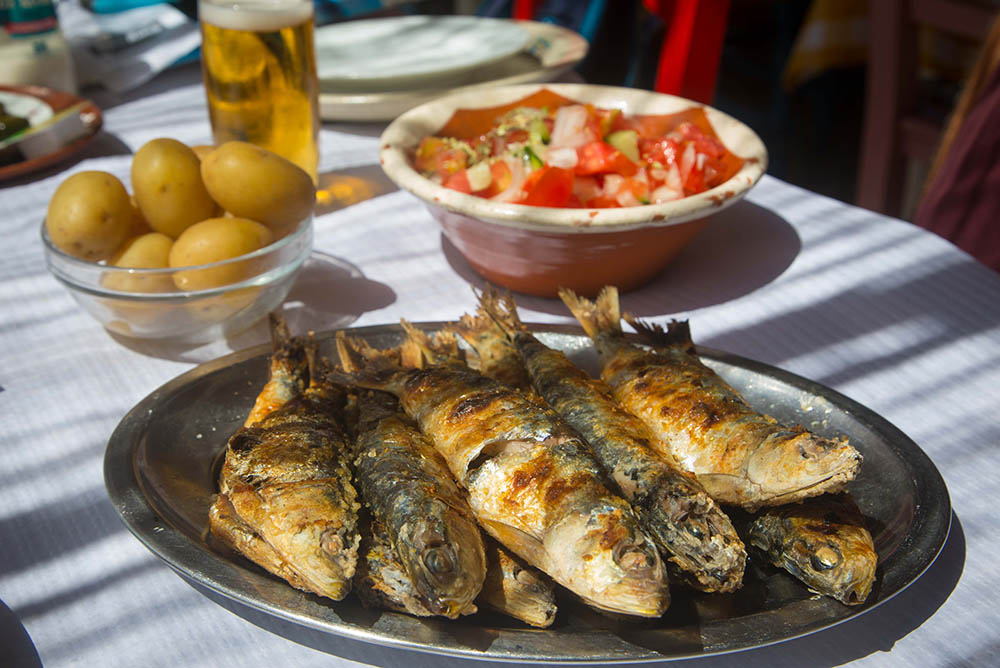
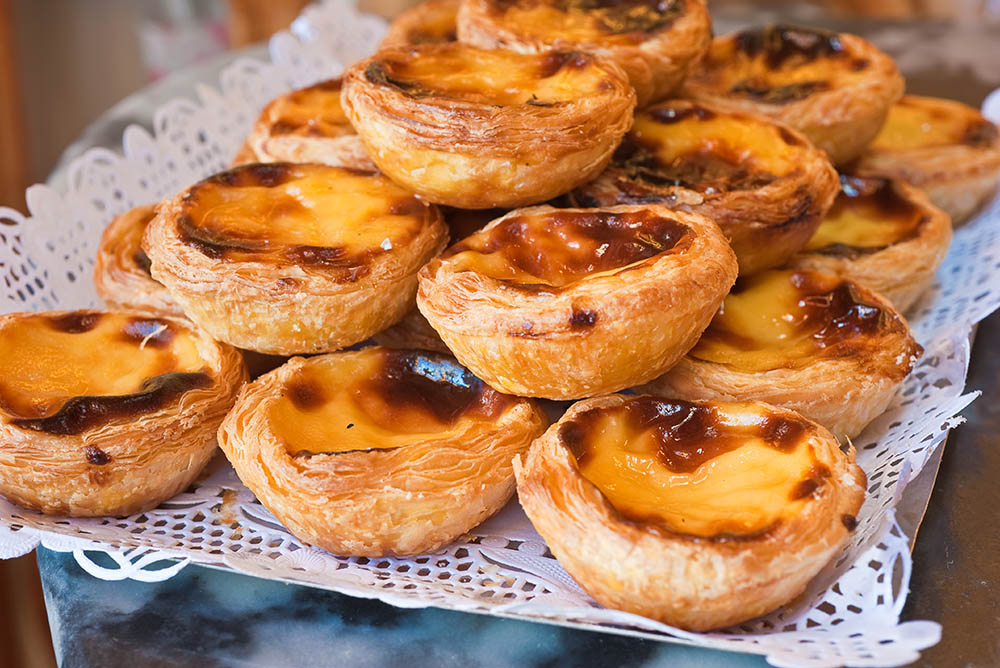
We want to promote wine and food products through events and market education. Wine has been our central focus, but olive oils, canned fish, sweets, and cookies and charcuterie products also have potential. In terms of olive oil, two weeks ago, we had some of Portugal's olive oil participating in Japan's olive oil awards, organized by the Italian Chamber of Commerce, and we received two prizes. It will take longer, but we have exciting olives and olive oil products. In addition, cans are also fascinating. In Portugal, you can find some restaurants that have many cans with gorgeous packaging. You can select from tuna, to sardines, bacalhau (tara), octopus, mackerel, squid, all in olive, or recipes with some of these fishes. The concept is quite simple, you order the cans you want, wine, bread, and salad and you can enjoy a delicious meal.
To promote wine and food products, we organize some events. For example, in March, we had Foodex, attended by several Portuguese companies, and last week, 12 wine companies came to Japan to participate at Wine & Gourmet. Furthermore, we are going to have more events. As an example, we are going to organize a wine tourism event, wine pairing with Portuguese food prepared by a Japanese chef, vertical wine tastings. Education of the market is also crucial for promotion. Letting Japanese consumers know about the culture, and knowledge associated with many of the products is of essence.
My friends keep trying to find something I do not like. I love everything. I even had shark’s heart sashimi. I think food is an integral part of the culture, and Japan has a strong culture, and extremely delicious food.

